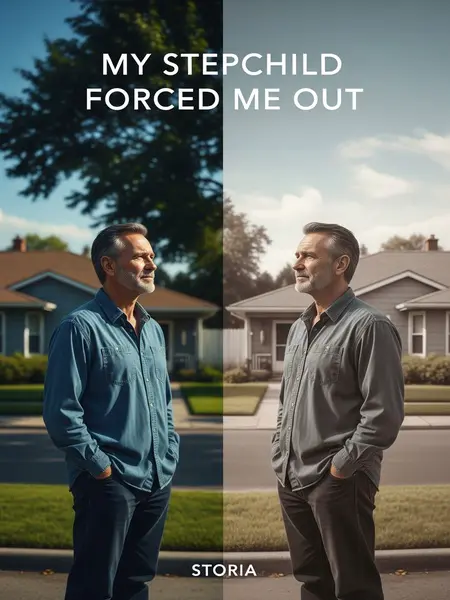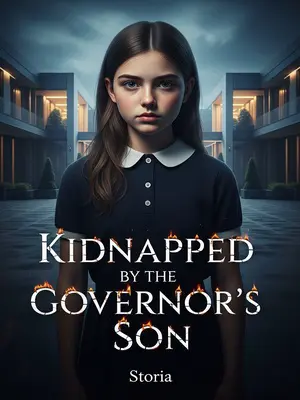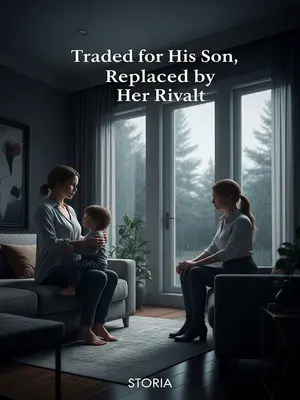Chapter 1: The Price of Family
Danny came to me on a drizzly Ohio afternoon, mud streaking his sneakers and rain plastering his hair to his forehead. He clutched his backpack like it might vanish if he let go, standing awkwardly in the doorway. Even then, he tried to act tough—chin up, eyes darting everywhere but my face—like most boys bluffing their way through new territory.
Folks always joked teenage boys could eat you out of house and home, but with Danny, it was gospel truth. Every time the fridge door swung open, the cold air hit my knees and I braced for the sound of another box of cereal hitting the counter. Between midnight PB&Js, endless boxes of Honey Nut Cheerios, and gallons of milk disappearing overnight, I swear I started seeing dollar signs every time Danny raided the kitchen. He’d sprawl on the couch, feet up, and holler, "What’s for dinner, Mike?" before I even got my jacket off. Still, there was comfort in the chaos—the hum of a busy house felt like proof I was doing something right.
Luckily, my job at the plant cafeteria and halfway-decent cooking skills kept us afloat. Some days I’d drag myself home, hands throbbing from hauling trays, but I’d still fry up chicken or scramble eggs, making sure Danny never went hungry or felt like an afterthought. Neighbors always said I could stretch a dollar—and a roast—so far you’d think I was a magician.
Then one day, almost without warning, Danny grew up. The scrawny kid was gone; in his place stood a young man talking about marrying a girl from Maple Street and saving for their own place. That’s how it goes in small-town Ohio. Folks start young. Family means everything.
So, to help him stand tall at his fiancée’s house, I transferred the only home I owned to him. I remembered patching that porch with Danny one summer, sweat and laughter mixing in the sticky air. Now, I was handing over not just a title, but a lifetime of small victories. I signed the deed at the county office, hands shaking, telling myself it was the right thing. Danny grinned wide, shook my hand hard, and for a second I felt like a proud dad at graduation.
But as soon as the ink dried, his first request was for me to move into the backyard woodshed. My mouth went dry, and I gripped the porch rail so hard my knuckles ached. The world felt tilted, like someone had yanked the rug out from under me. It stung—the way he said it, like taking out the trash. I stood in the backyard, staring at that shed full of spiders and rusty lawn chairs, wondering how everything had flipped so fast. The shed reeked of cut grass, mildew, and something lonelier—a silence that pressed in on my chest.
Years of flipping heavy pots left my arm with a constant tremor. And, after all, I was only his stepdad. Sometimes I’d sit on the rickety cot in the shed, watching my hand shake, wishing I could will it still. At night, when the wind rattled the plywood, I’d remind myself: I wasn’t blood. I was just the fill-in guy.
In front of his father-in-law, a retired export manager, I was an embarrassment—a stain on his reputation. They held dinners in the big dining room, talking about foreign trade and stocks, and I’d hear their laughter through the window while I ate reheated soup by myself. To them, I was a blemish in the family photo—a reminder of small-town, working-class roots.
Even his mother, Linda Young, accepted it without protest. She sat quiet at the kitchen table, her gaze locked on her coffee mug, never meeting my eyes. It hurt, but by then I’d learned: some folks just go along to get along, even if it means leaving someone out in the cold.
She and I had been together nearly twenty years. Two decades of birthdays, Christmas mornings, and shared bills. I remembered her laughter in our first apartment, the way she’d dance barefoot in the kitchen when no one was watching. That woman—the one I’d loved—seemed lost somewhere behind her silence.
The memory blurred, snapping back to the present—fluorescent lights buzzing overhead, the familiar clang of lunch trays. A cafeteria worker was gripping a little thief by the collar and calling to me, "Team leader, what should we do?" Bright fluorescent lights stung my eyes. The scent of overcooked vegetables filled the air. For a moment, I was disoriented, as if waking up after a long dream. The worker’s voice was nervous, expecting me to handle it like always.
Wasn’t that seven-year-old Danny? He looked so tiny, brown hair sticking up, defiance burning in his eyes. The sight of him, so small and scared, squeezed my heart in a way I hadn’t felt in years.













